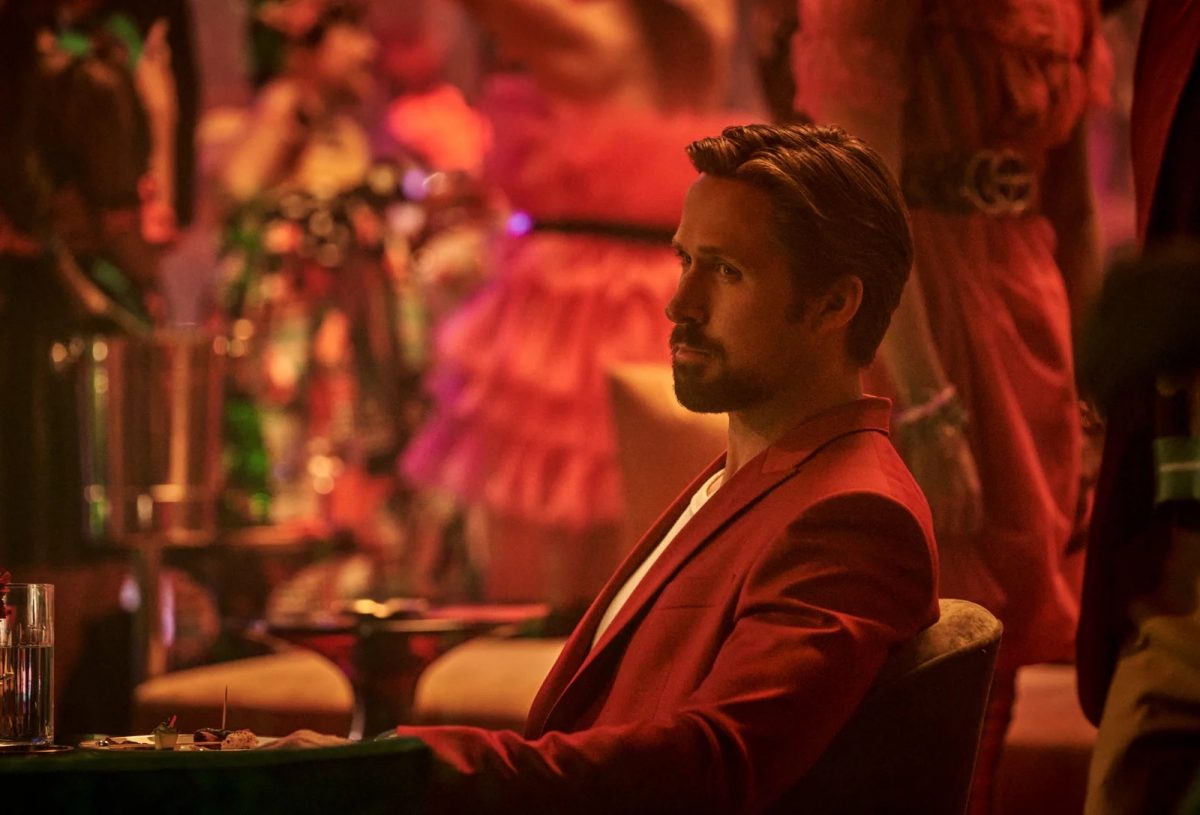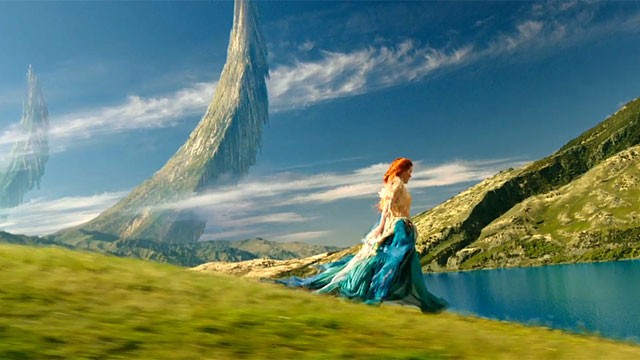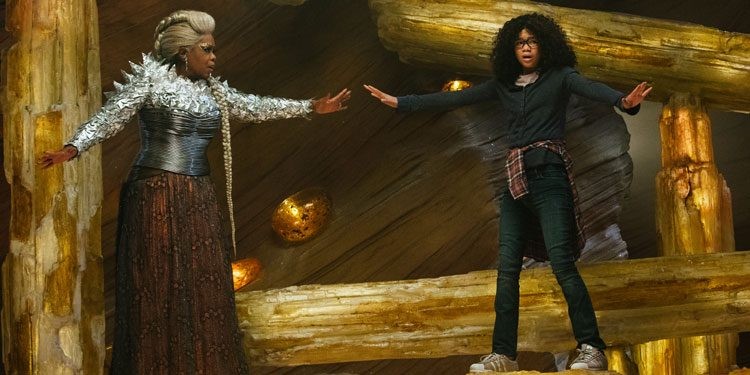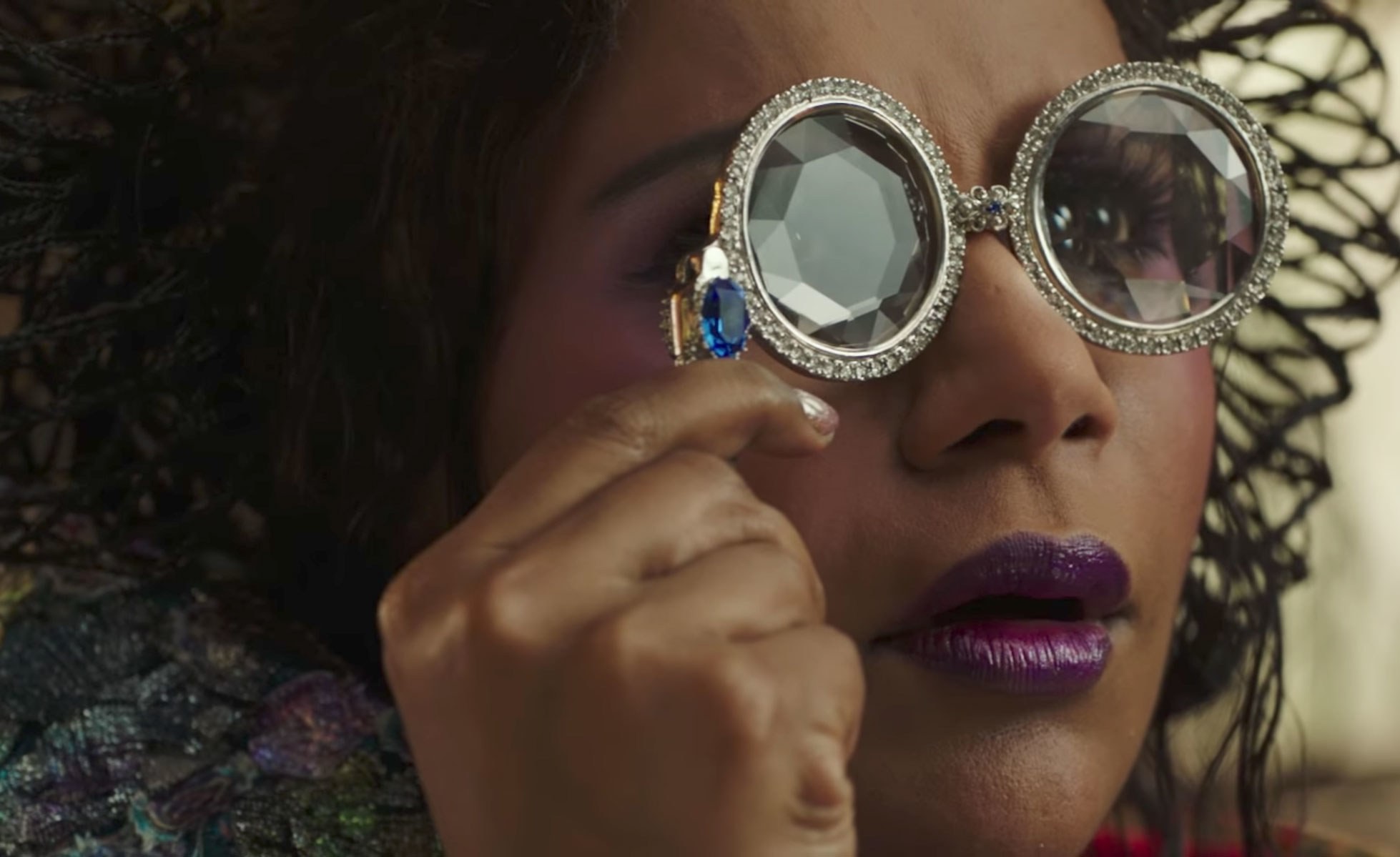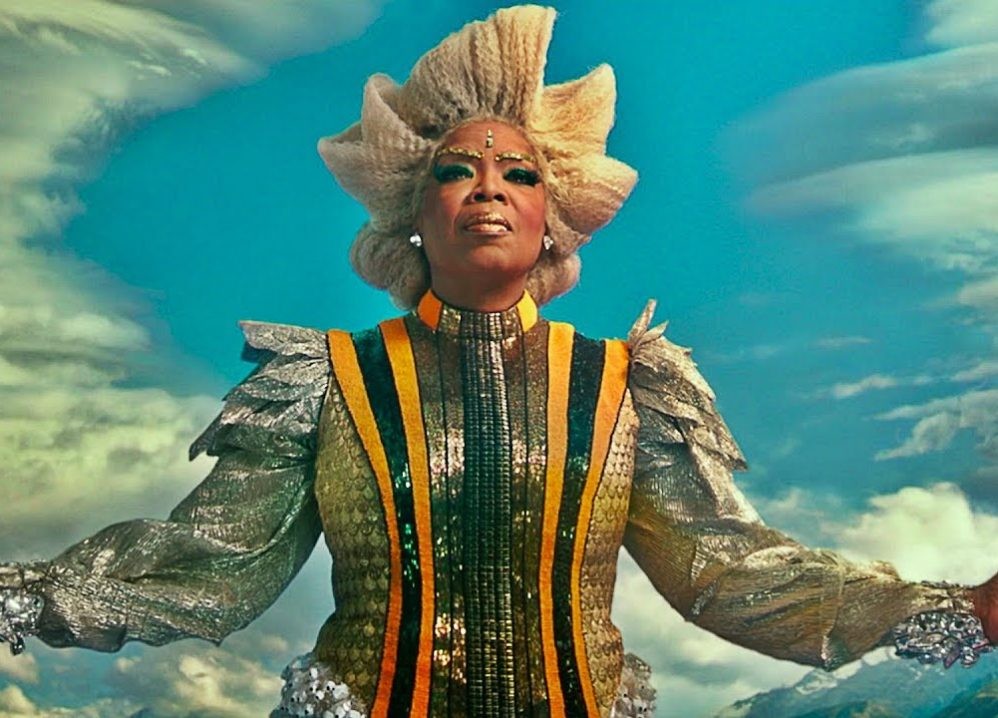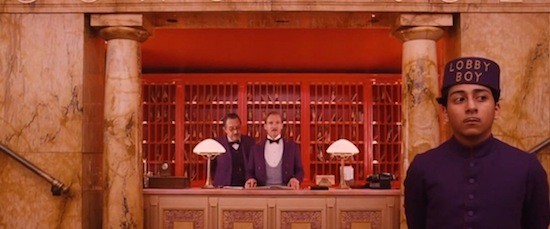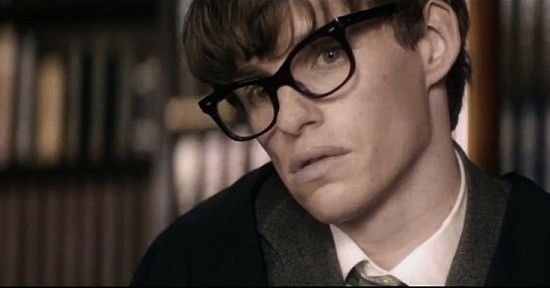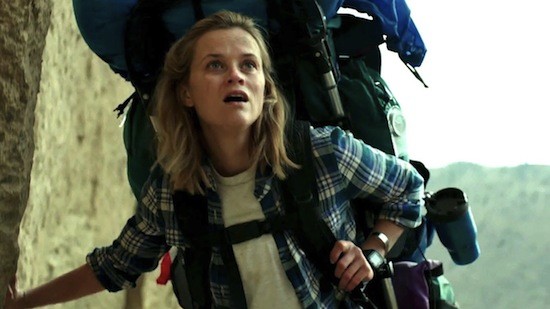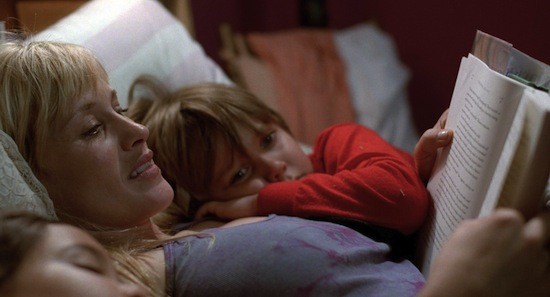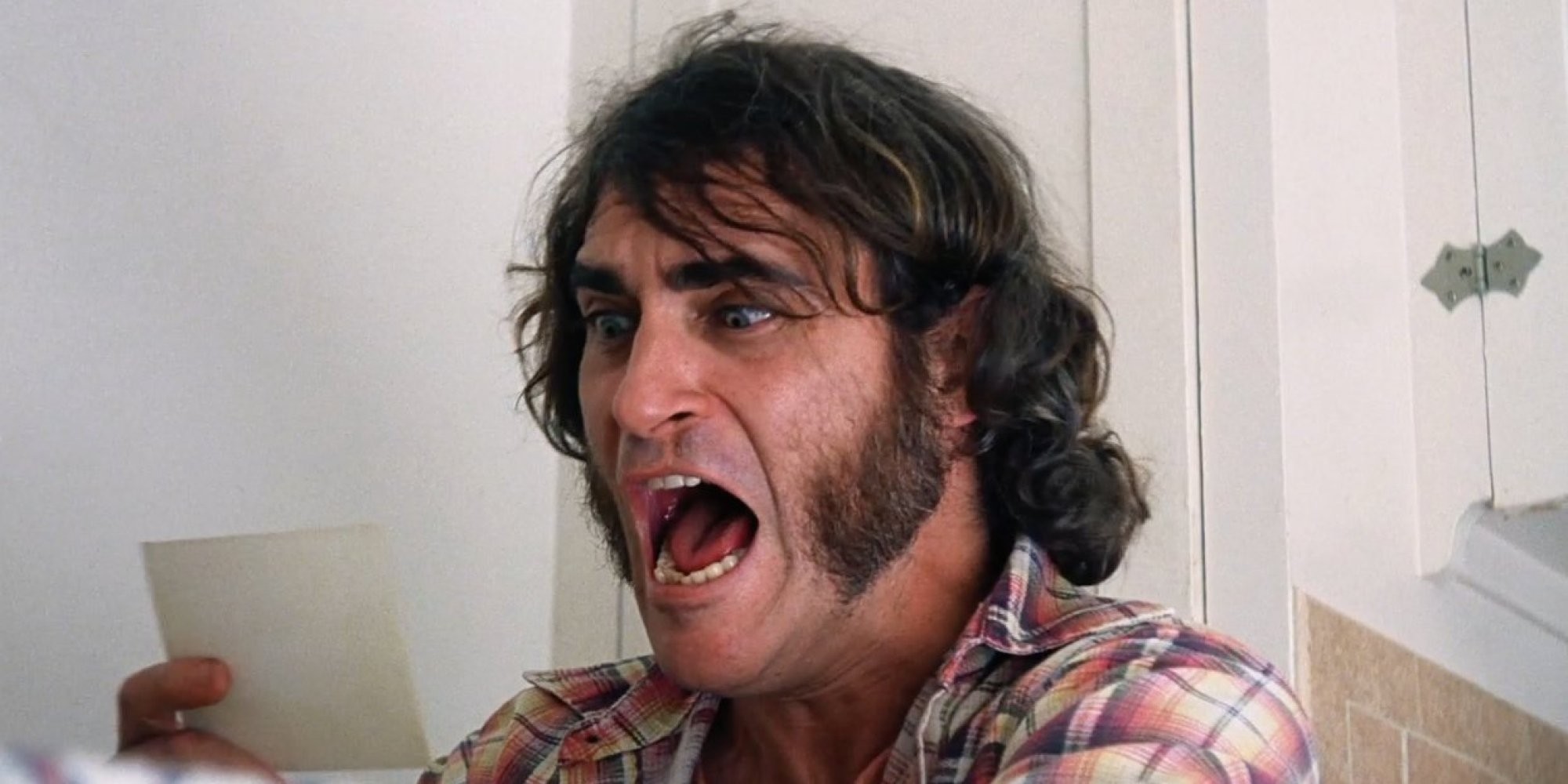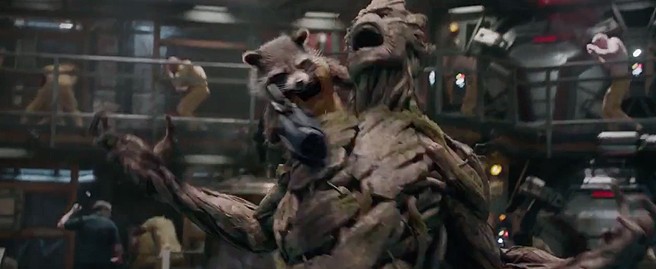Hollywood is enjoying its first real post-pandemic summer blockbuster season, which means most weekends have been featuring only one or two new major new releases. But this weekend’s slate of new releases offers the most choice we’ve seen in months.
The most expensive release of the weekend has a local connection. The Gray Man is based on a book by Memphian Mark Greaney. It stars Ryan Gosling as Sierra Six, an above-top-secret CIA operative who has to go on the lam after uncovering some major government misdeeds. Retired Captain America Chris Evans plays against type as the psychopath hit man sent to track him down. Directors Anthony and Joe Russo have worked with Evans before on some small independent movies you probably haven’t heard of called Avengers: Infinity War and Avengers: Endgame.
Next up is another adaptation of a work by a Southern writer. Delia Owens is a zoologist from Georgia whose debut novel Where The Crawdads Sing became a huge bestseller in 2020. Reese Witherspoon is the executive producer of the film version, directed by Olivia Newman. Daisy Edgar-Jones stars as Kya, nicknamed The Marsh Girl by the inhabitants of the small North Carolina town near where she lives. She’s accused of murdering the town’s star quarterback Chase (Harris Dickinson), and as an outcast, she makes a convenient scapegoat for the mysterious death. Swampy, Southern gothic intrigue ensues.
Lesley Manville earned an Academy Award nomination for Phantom Thread. Paul Gallico’s novel Mrs. ‘Arris Goes To Paris has been adapted for the screen three times. Director Anthony Fabian makes it four. Manville stars as an English maid who becomes obsessed with her boss’ Dior wardrobe, and embarks on an adventure to the City of Lights. French things ensue.
She Will is an intriguing folk horror from director Charlotte Colbert and IFC Films. Alice Krige stars as a film star recovering from cancer in a rural estate best known for a history of witch burning. Turns out the witch ghosts are pissed. Wouldn’t you be?
Gabby Giffords was a Congressional Representative from Arizona married to NASA astronaut Mark Kelly. Then, in 2011, one of her campaign events was attacked by a man with an assault rifle. Six people were killed. Giffords was shot in the head, but survived. Now, Kelly is a Senator and Giffords works for sensible gun control. Gabby Giffords Won’t Back Down is a timely documentary from CNN Films.
French director Claire Denis has been quietly making great films since 1999’s Beau Travail. Her latest is Both Sides of the Blade. The great Juliette Binoche stars as Sarah, a Parisian radio DJ who is caught between her comfortable life with husband Jean (Vincent Lindon) and her sexy ex Francois (Gregorie Colin). Who doesn’t love a good erotic thriller?
